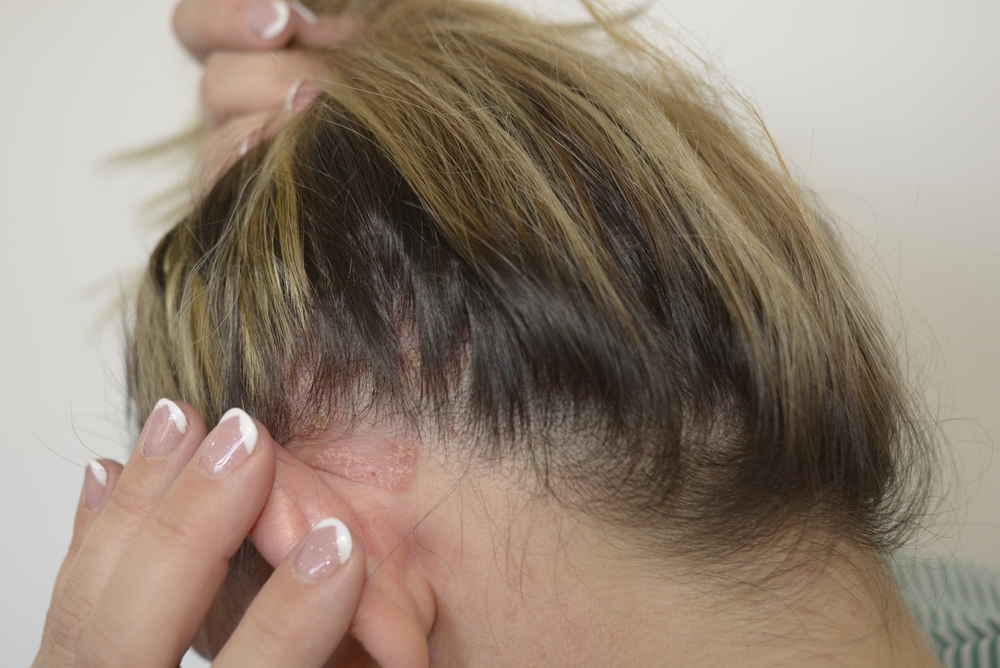Plaque psoriasis is a common skin condition that affects millions of people worldwide. Characterized by patches of red, inflamed skin covered with silvery scales, it is an autoimmune disorder that accelerates the production of skin cells. Despite its prevalence, there is a lack of understanding about this condition, which often leads to misconceptions and stigmatization. This article will explore what plaque psoriasis is, its symptoms, and the treatment options available for those living with this chronic condition.
What is Plaque Psoriasis?
Plaque psoriasis, the most common form of psoriasis, is a chronic autoimmune condition that primarily affects the skin. It occurs when the immune system mistakenly attacks healthy skin cells, leading to an overproduction and rapid buildup of skin cells on the surface.
This abnormal growth cycle results in thick, red, inflamed patches of skin, known as plaques, which are usually covered by silvery scales. While these plaques can appear anywhere on the body, they are most common on the elbows, knees, scalp, and lower back.
Psoriasis is a systemic disease, meaning it can affect the body beyond the skin, potentially causing inflammation in other organs and tissues. It is also associated with other conditions, including psoriatic arthritis, cardiovascular disease, and depression.
Symptoms of Plaque Psoriasis
The symptoms of plaque psoriasis can vary from person to person, but they generally include:
- Raised, red patches of skin covered with silvery scales.
- Dry, cracked skin that may bleed.
- Itching, burning, or soreness around the patches.
- Thickened, pitted, or ridged nails.
- Swollen and stiff joints.
These symptoms can come and go in cycles, with periods of severe symptoms followed by periods of remission or reduced symptoms. The severity of the condition can also vary considerably, with some individuals experiencing only small patches while others have plaques covering large areas of their body.
How to Treat Plaque Psoriasis
While there is currently no cure for plaque psoriasis, several treatment options can help manage its symptoms and improve the quality of life for those affected. The treatment plan generally depends on the severity of the disease and the individual’s overall health.
- Topical treatments: These are creams, ointments, and lotions applied directly to the skin. They are usually the first line of treatment for mild to moderate psoriasis. They include corticosteroids, vitamin D analogues, and coal tar preparations.
- Phototherapy: This treatment involves exposing the skin to ultraviolet light under medical supervision. It can be effective in reducing the symptoms of moderate to severe psoriasis.
- Systemic medications: These are drugs that affect the whole body and are used for severe psoriasis or psoriasis that doesn’t respond to other treatments. They include methotrexate, cyclosporine, and biologics.
- Lifestyle changes: These include maintaining a healthy weight, reducing stress, abstaining from alcohol and smoking, and avoiding triggers that can cause psoriasis flare-ups.
Plaque psoriasis is a chronic, systemic autoimmune condition that primarily affects the skin. The disease is characterized by red, inflamed patches covered with silvery scales, and can be associated with other health conditions. While there is no cure, various treatment options ranging from topical treatments to systemic medications can effectively manage its symptoms and improve the quality of life for those living with this condition. By promoting a better understanding and awareness of plaque psoriasis, we can help reduce the stigma associated with this disease and ensure that those affected receive the support and care they need.


